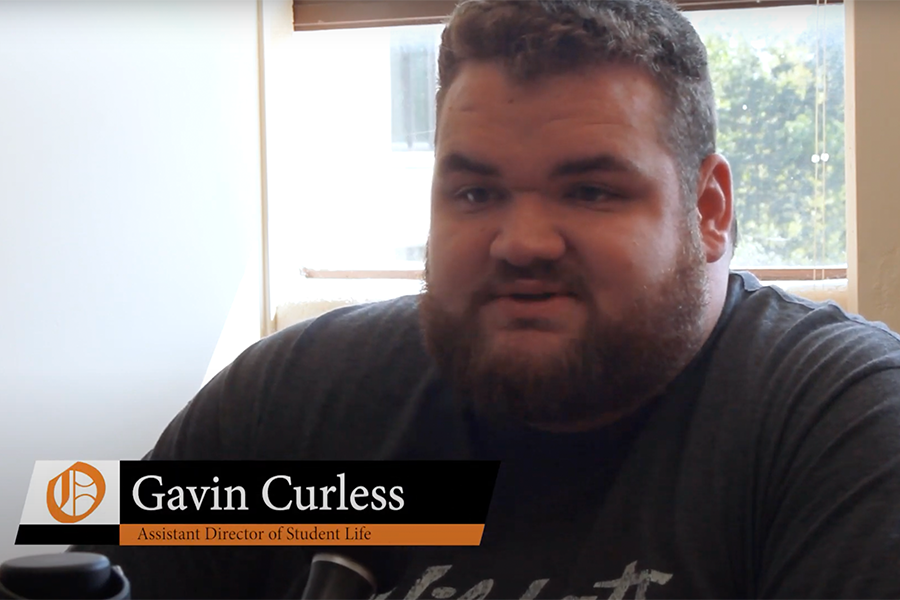At 12:50 a.m. on Aug. 25, women going through formal recruitment received sorority bid cards, and for the next 24 hours, no women in the greek system were allowed to drink or be on fraternity property.
This 24-hour lockdown is implemented and enforced by the National Panhellenic Conference in an attempt to promote sisterhood and to ensure the new greek women are involved in safe sisterhood activities.
In previous years, Baker University had not followed this 24-hour rule, and many women in the greek system spend the day after bids are passed out at fraternity houses visiting with friends who they haven’t been able to spend time with because of work week and recruitment and introducing the new pledges to other members of campus.
Almost all of the greek women at Baker University had been on campus for more than a week before classes started to prepare for recruitment, and during that time the women were unable to be on fraternity or BU housing properties and were unable to drink or be in an establishment that served alcohol (i.e. a bar or liquor store). In a small city like Baldwin City, fraternity houses are one of the most popular places to socialize, and not being able to go to such establishments makes it hard for the women in the greek system to see friends and have fun during their first two weeks back in Baldwin City.
The day after bids are handed out is a day for the entire campus to have the chance to socialize as one, rather than the greeks being separated from the rest of campus. Often, many students, including greek women, choose to drink during the day before the football game, and that night, there are often parties at most of the fraternity houses.
It was somehow brought to the attention of the National Panhellenic Conference that Baker had not been following 24-hour rule and National Panhellenic told the Baker University Panhellenic Council that this rule must be enforced this year.
The National Panhellenic Conference had every intention of keeping the greek women safe by putting them on an extra day of lockdown, and the rule allowed them time to bond with sisters old and new.
However, with the 24-hour rule in place, greek women were unable to drink with other students and for many that could have meant playing a game of “catch up” when the rule ended at almost 1 a.m. Sunday morning. Although the sorority members were encouraged not to drink, it didn’t stop some from drinking more quickly in order to have a good time with the rest of campus who had already been drinking much of the day and through the night.
Drinking more drinks in a smaller amount of time is more of a risk than if the women had been pacing themselves throughout the evening. Although National Panhellenic Conference had the best interests of the greek women on Baker University’s campus at heart, it should have taken these facts into consideration when forcing Baker’s Panhellenic Council to follow a rule that ultimately could’ve been more dangerous than helpful to these women.








